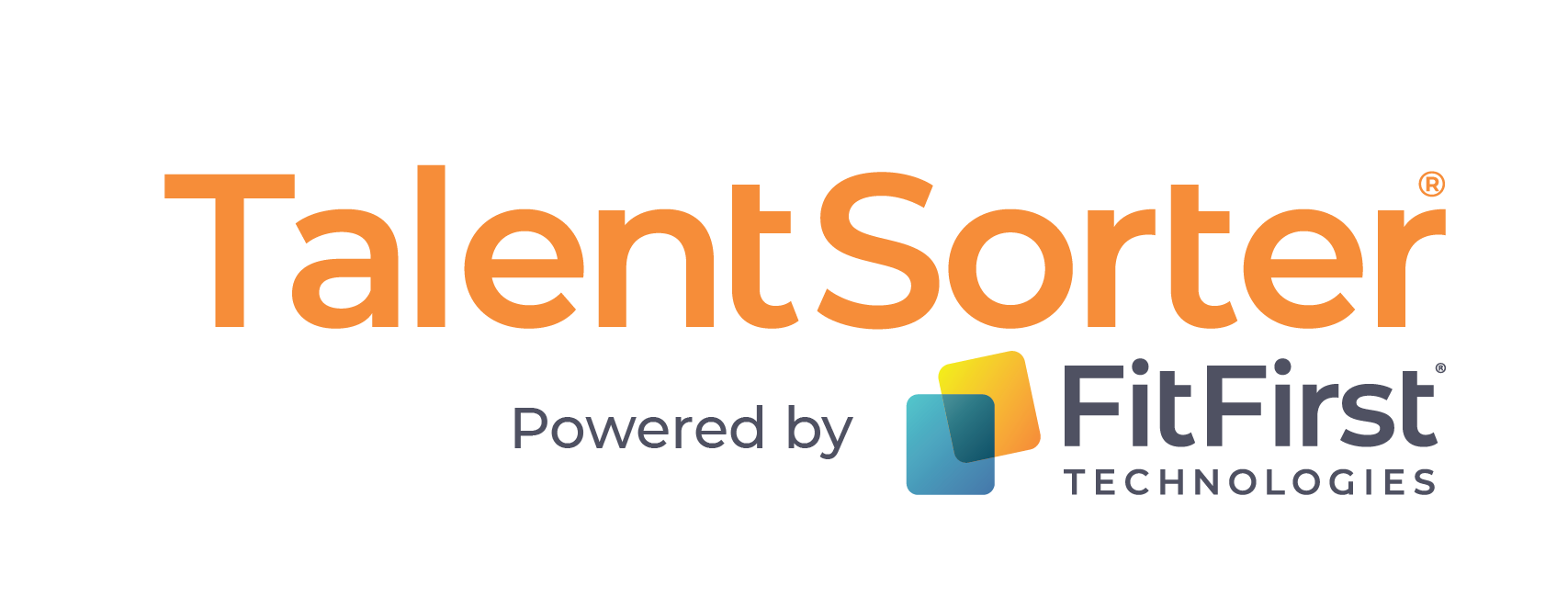Job fit – it’s more than just the latest HR buzzword. When it comes to attracting and keeping top talent for your team, a candidate’s potential fit should be considered as important as their education, work experience and skills.
But what exactly does “fit” mean and how do you measure it?
A new employee has to be a good match with your company in a number of areas: fit with your corporate culture, fit with their manager / boss, and fit with the position itself.
No matter how skilled, or how much relevant experience a new hire has, if they are a poor fit in any of these areas, they are unlikely to be happy, productive, long-term employees who are an asset to your business.
The vast majority of the time when it doesn’t work out for the new hire or the company, the failure is not at all related to what the person knew, but rather attributable to one (or more) of the four critical aspects of fit that was misaligned.
Cultural fit
According to a 2014 survey:-
Close to half (43%) of the respondents said that “cultural fit” was the single most important determining factor when making a new hire.
Before you can assess a candidate’s fit with your company culture, you must clearly define what your culture is.
Do you have clear set of corporate values and a well-articulated mission statement? Does your company live up to those values and mission? Will the candidate support and promote your business’ goals and ideals?
Consider also the type of environment your employees work in: structured or unstructured; predictable or ever-changing; formal or informal. Identifying these factors first will help you find employees who fit.
Managerial fit
Work styles are as unique as each individual. For a team to be productive, each member’s personal work style must fit not only with each other, but most importantly with their manager.
Ask candidates what role their manager played in their biggest successes and their biggest challenges in previous jobs. Understand the motivations and preferences of the manager who will be supervising your new hire.
Do they take a hands-on approach to supervising employees or do they expect staff to work independently?
Are they collaborative by nature, expecting employees to contribute suggestions and ideas or are they looking for workers who will follow instructions to the letter?
Do they manage remote workers well or do they perform better when working face-to-face with subordinates?
